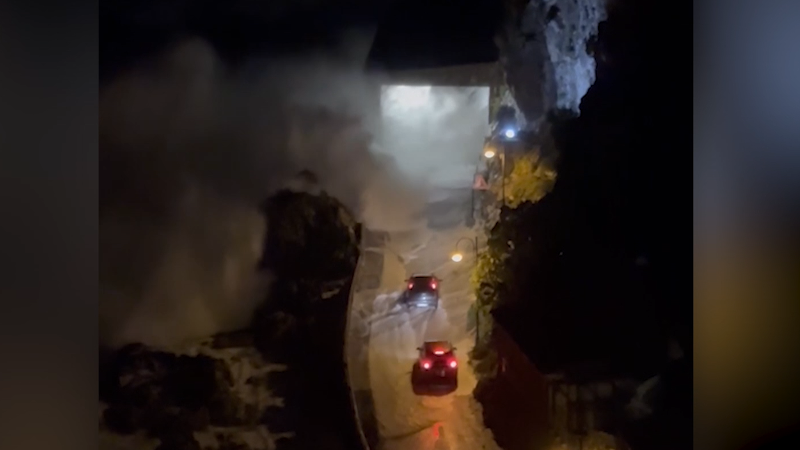Global warming is accelerating
New research led by the University of Arizona shows that the Earth's average surface temperature increased about 1.6 degrees Fahrenheit (0.9 of a degree Celsius) from 1900 to 2013. From 2014 to 2016, the global surface temperature climbed an additional 0.43 F (0.24 C), which is a record.
<u>NASA GISS global surface temperature trend from 1900 to 2017.</u>
<img src="https://vortex.accuweather.com/adc2004/pub/includes/columns/climatewx/2018/590x380_02021608_amaps.png"/>
Based on the above findings, the researchers determined that this most recent three-year period of warming had actually increased the total amount of warming since 1900 by more than 25 percent.
<em>
"As a climate scientist, it was just remarkable to think that the atmosphere of the planet could warm that much that fast," said study co-author Jonathan Overpeck.</em>
The research team noted that this spike in warming between 2014 and 2016 coincided with extreme weather events worldwide.
Co-author Cheryl Peyser, who is a University of Arizona doctoral candidate in geosciences states that natural variability in the climate system is not enough to explain the 2014 to 2016 temperature increase, according to the <a href="https://uanews.arizona.edu/story/record-jump-20142016-temps-largest-1900" target=n>University of Arizona News.</a>
These sudden, record-breaking temperature jumps will become more frequent unless greenhouse gas emissions decline, according to the study.
Although some release of heat from the Pacific Ocean is normal during an El Niño (there was a strong El Nino during parts of 2015 and 2016), the researchers found much of the heat released in 2014-2015 was due to additional warming from increases in the amount of greenhouse gases in the atmosphere. (from UA News).
<em>"The result indicates the fundamental cause of the large record-breaking events of global temperature was greenhouse-gas forcing rather than internal climate variability alone," said lead author Jianjun Yin, who is a University of Arizona associate professor of geosciences. </em>
















